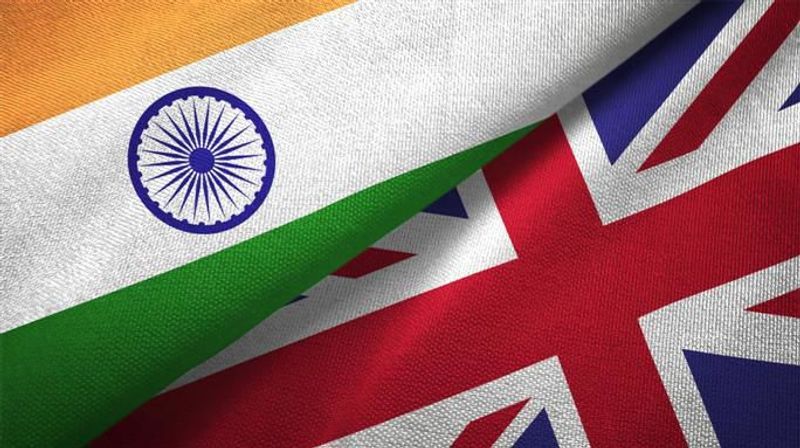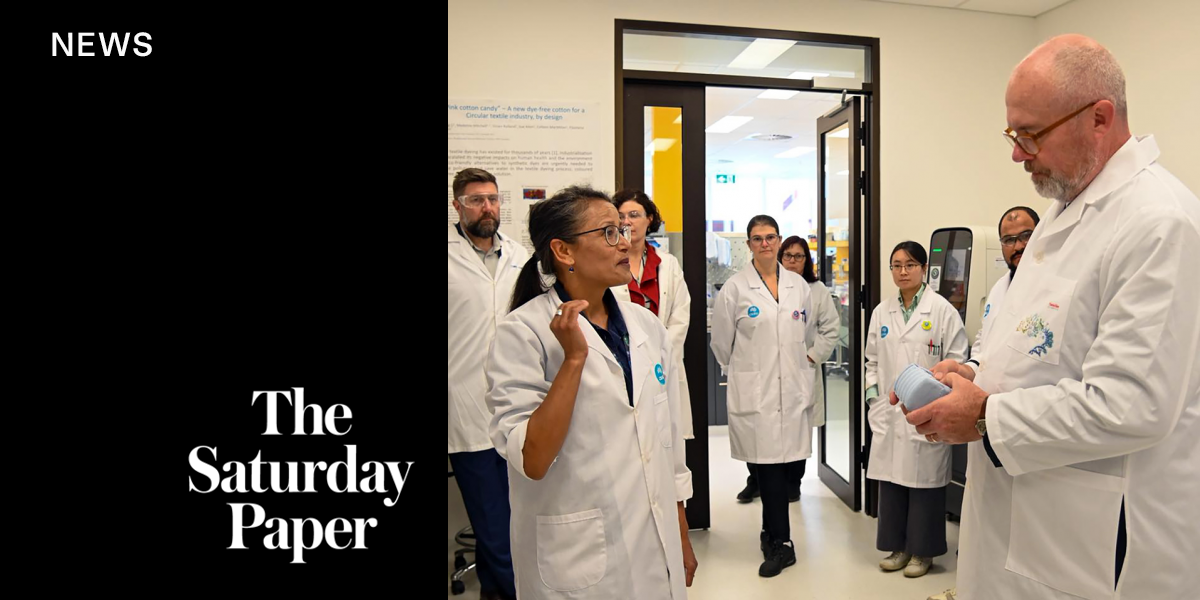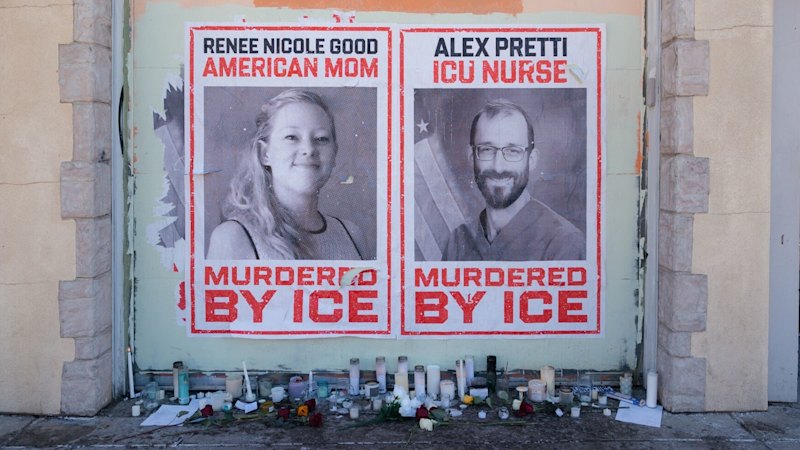
Tariffs on Scotch whisky exports to India will be halved under a landmark Free Trade Agreement (FTA) between the United Kingdom and India, set to be formally signed in London later this month. UK government sources have confirmed that this agreement will significantly impact the Scotch whisky industry, which has long eyed India as a crucial growth market.
Under the deal, duties on Scotch will fall from 150% to 75% immediately, with a further reduction to 40% over the next decade. The Scotch Whisky Association (SWA) has described the agreement as “transformational,” forecasting an export boost of £1 billion (₹11,501.1 crore) over five years. This development positions India as one of the industry’s most promising markets.
Economic and Industry Impact
The announcement comes as a significant milestone for the UK, which has been actively seeking new trade partners post-Brexit. The Scotch Whisky Association’s Chief Executive, Mark Kent, emphasized the importance of the deal, stating, “The UK-India Free Trade Agreement is a once-in-a-generation deal and a landmark moment for Scotch Whisky exports to the world’s largest whisky market.”
This move represents a strategic effort by the UK government to bolster its growth mission, with the Scotch whisky industry poised to collaborate closely with both UK and Indian governments to implement the deal. The agreement is expected to provide a substantial boost to two major global economies during these turbulent times.
Broader Trade Agreement Details
The tariff reductions on whisky are part of a broader breakthrough reached during final negotiations held in New Delhi from April 22 to 26. UK officials agreed to longstanding Indian demands on labor mobility and social security exemptions for professionals on temporary assignments.
The compromise includes a youth mobility scheme allowing 3,000 young professionals from each country to live and work abroad for up to two years. Additionally, it includes a provision exempting seconded Indian workers from paying into the UK’s National Insurance system for three years.
“There is no situation where I would ever tolerate British workers being undercut through any trade agreement we would sign. That is not part of this deal,” said Jonathan Reynolds, UK Secretary of State for Business and Trade.
Domestic Criticism and Economic Projections
Despite support from business groups and both governments, the deal has faced criticism within the UK, particularly over the tax exemptions for seconded Indian workers. Kemi Badenoch, Leader of the Opposition and head of the Conservative Party, criticized the National Insurance exemption provision, stating, “This is two-tier taxes from two-tier Keir.”
Nigel Farage, leader of Reform UK, added, “It basically encourages workers from India but does not provide the same benefit to UK citizens. Indian workers will pay 20% less tax than Brits doing the same jobs. That’s not a trade deal — that’s betrayal.”
A UK Treasury analysis leaked to the British media estimates the tax break could cost the UK up to £200 million annually in lost revenue.
The deal is expected to double annual bilateral trade to $100 billion by 2030, with UK officials estimating it could add £4.8 billion to GDP and £2.2 billion in wage growth over the next decade.
Geopolitical and Cultural Significance
Beyond economic benefits, the FTA is being billed as a post-colonial reset between two democracies with shared interests in the Indo-Pacific, digital regulation, and strategic supply chains. Prime Minister Narendra Modi is expected to visit the UK later this month to attend the formal signing ceremony.
While the exact details of his itinerary have not been confirmed, sources hint that he may be hosted at Buckingham Palace and could address Parliament — though neither event has been officially announced. Modi’s upcoming trip is being closely watched as a potential capstone to years of trade negotiations and a signal of reset in India–UK relations.
The formal ratification of the FTA will follow later, with side agreements on investment protection and carbon-related trade expected to be finalized by the end of the year.






